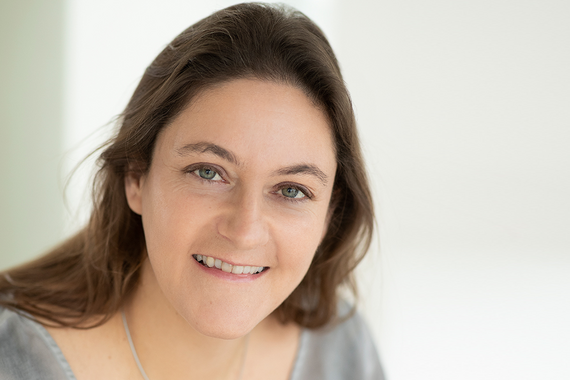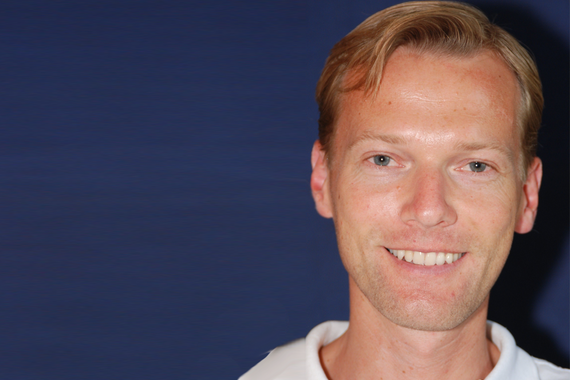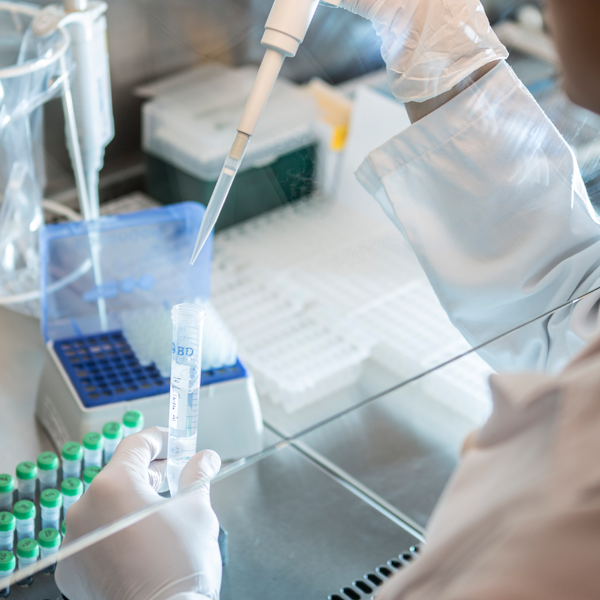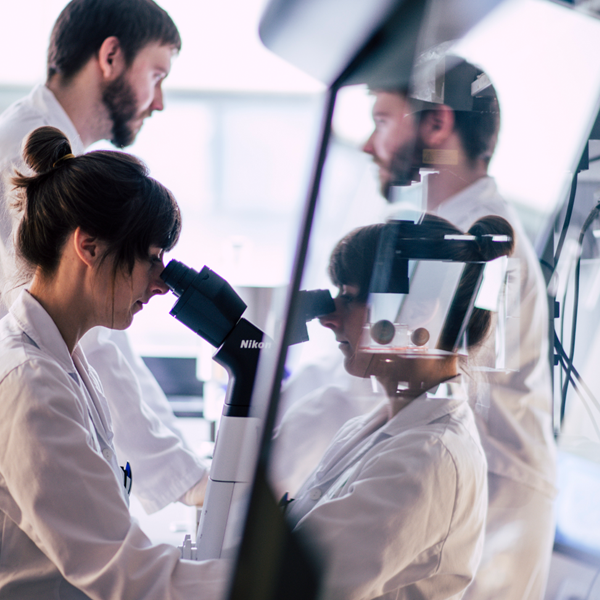-
Die Universität
- Herzlich willkommen
- Das sind wir
- Medien & PR
-
Studium
- Allgemein
- Studienangebot
- Campusleben
-
Forschung
- Profil
- Infrastruktur
- Kooperationen
- Services
-
Karriere
- Arbeitgeberin Med Uni Graz
- Potenziale
- Arbeitsumfeld
- Offene Stellen
-
Diagnostik
- Patient*innen
- Zuweiser*innen
-
Gesundheitsthemen
- Gesundheitsinfrastruktur
Musculoskeletal System and
Oral Health
The Medical University of Graz offers the Doctoral School “Musculoskeletal System & Oral Health“. The program provides cutting-edge education with respect to human diseases and therapeutics in the area of the musculoskeletal system and all aspects of oral health. The thesis projects focus on various aspects of metabolic diseases, inflammation, autoimmunity, new surgical methods, bone and soft tissue tumors, as well as dentistry, biomaterials, and orodental and maxillofacial surgery. Applicants must hold a Master´s degree or equivalent in general medicine, dentistry, or natural sciences. English is the language used for teaching, communication and writing of the Thesis and thus, excellent English skills are required.
Scope
The Doctoral School “Musculoskeletal System & Oral Health“ at the Medical University of Graz consists of the two main research areas pathophysiology of musculoskeletal disorders and all aspects of oral health.
Our interdisciplinary approach enables high transfer of knowledge and science and helps to investigate common as well as rare diseases. The departments involved include Orthopaedics and Traumatology, Rheumatology, Anatomy, Forensic Sciences, Infectiology, Oncology, Pathology and Radiology. Current topics in the field of dentistry are implantology, dental traumatology, orthodontics and clinical periodontology. The scientific topics of the MSOH doctoral school include clinical, preclinical and basic research.
An interdisciplinary team of experienced clinicians and high ranking scientists working in the research fields of the Doctoral School provides the students with the infrastructure and the stimulating research environment to ensure high-level scientific training and successful research projects. In addition to the interdisciplinary in-depth training for specific thesis projects using state-of-the-art techniques, the program includes extensive training activities such as seminars, journal clubs, and training courses. The overall aim of the program is to educate scientists for the purpose of being able to bridge basic biomedical sciences with preclinical (”translational”) and clinical science. Thus, graduates of the Doctoral School will be able to pursue their future careers in an academic as well as an industrial environment, and can be equally successful in the fields of training, research & development or marketing.
Lectures and Courses
In addition to theoretical and practical training associated with the thesis project, the curriculum of Doctoral Studies of the Medical University of Graz comprises 20 SWH of lectures, seminars, and practical courses to be attended by the Doctoral students within the thesis period.
The MSOH training programme is designed to provide students with dissertation seminars and journal clubs that best reflect the topic of their dissertation. In-depth training is offered in the areas of ‘Clinical Aspect of Musculoskeletal Diseases’, ‘Oncology’, ‘Rheumatology’, ‘Rehabilitation’ and ‘Pediatric Traumotology“. In the ‘Project Presentations’ course, as part of DocDay and at scientific conferences, students are given the opportunity to present and discuss their scientific data.
Curricular Committee
The Curricular Committee is formed by 3 faculty members and the Speaker of the Faculty and the Student Speaker. The head of Curricular Committee organizes and chairs the meetings. Meetings have to take place at least twice per semester.
The tasks of the Curricular Committee are:
- to monitor and evaluate the on-going teaching program and examinations of BMJ
- to analyze the evaluation forms of the participating students submitted on each BMJ training course
- to suggest respective changes to the courses, work-shops and examinations of BMJ and all related materials where appropriate
- to propose novel concepts and topics for courses and work-shops to broaden the teaching program of BMJ
Head of Curricular Comittee
- Birgit Lohberger, PhD MSc
Members
- Prof. Andreas Leithner, MD
- Assoz. Prof. Stradner, Martin, MD
Speaker

Deputy Speaker





